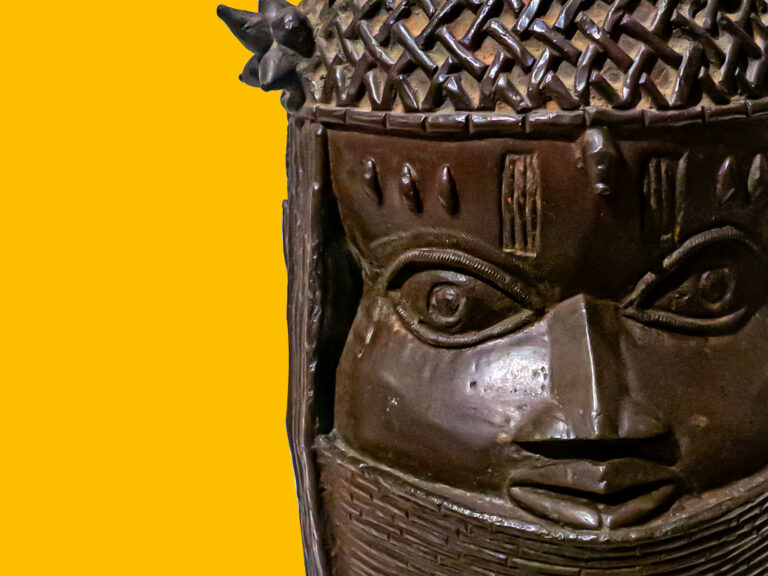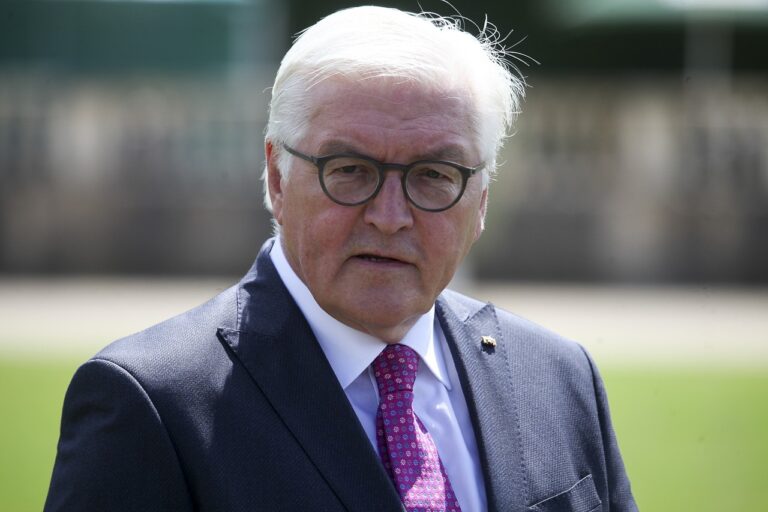One would argue that as an oil-dependent country, the socio-economic welfare in Timor-Leste perfectly reflects the paradox of plenty. With 80% of annual revenue coming from oil and gas exports, this neither contributes significantly to people’s prosperity nor infrastructure development.
Instead, political economy issues emerge to benefit local elites in the name of oil-funded development projects. Two of the most significant development projects, Tasi Mane and Special Social Market Economy Zone (SSMEZ), are tools for former resistance leaders to gain more power and capital.
What is “the paradox of plenty”?
Also referred to as the resource curse or the poverty paradox. In short, it is a phenomenon referring to societies with abundant natural resources that have worse economic, democratic and development outcomes in contrast to those with limited natural resources.
Tasi Mane refers to a long-term petroleum project on the south coast area. It is estimated to be done by 2030 with an $18 billion budget for building infrastructures such as airports, petroleum cities, supply base areas, and industrial estates. Meanwhile, the SSMEZ is located in Oecusse, an enclave area within Indonesia. From 2013-2017 alone, this project spent half a billion dollars on improving public sectors.
Both megaprojects, consecutively, are controlled by former President of East Timur, Xanana Gusmão and former Prime Minister Mari Alkatiri. Their involvement, characterizes by centralism and clientelism, is often criticized by many scholars.
Development becomes a political transaction tool. It shows how power can operate within their inner circle. This practice of political corruption is not something new. Even with little media exposure, corruption is part of continuity, a colonial legacy from previous colonial regimes, Portugal and Indonesia.
Mimicking colonial roots
Adérito de Jesus Soares, a local anti-corruption activist, stated that colonial regimes have continuously influenced contemporary corruption practices. Under Portuguese colonialization, political corruption emerged in the 17th century when the colonial government enforced a collective tax called “finta.”
There was a patron-client relationship between the Portuguese tax collector and the local elites. The latter has appeared to manipulate their power into bribery and smuggling. This also influenced the practice of political corruption in the post-colonial period.
Supported by political institutions that are still relatively weak, patron-client relations become some kind of norm on how elites put their inner circle into politics and business nexus.
Meanwhile, Indonesia’s colonial legacy certainly has more impact on local corruption. Under the former President of Indonesia Suharto, rent-seeking appeared dominant, thanks to military and business officials controlling most of Timor-Leste’s strategic sectors.
Companies like PT Denok Hernandez International monopolized the export of coffee, the then most crucial commodity. The practice of rent-seeking became more rampant when the Indonesian government appointed veterans to become “Pimpro” (project leaders). Infrastructure development projects such as highways were not only led by veterans, but their main objective was simply to facilitate military mobilization. Again, this kind of practice has influenced the way contemporary Timor Leste manages resources and carries out development activities. For example, criticism arose when megaprojects became another contentious arena for Gusmão and Alkatiri.
Unsettled corruption in the unsettled institution
Gusmão’s centrality and prominent name in domestic politics gave him the opportunity to place his interests in the Tasi Mane project. Gusmão’s political style relies on mere-legal mechanisms, often informal networks within his small political circles. Also, projects like Tasi Mane often received public backlash because he did not involve state institutions.
Both can be seen from how the Tasi Mane project is carried out through single-source procurement, a mechanism without a tender in selecting a partnership. This shows that political corruption allows political and business elites to cooperate, especially when there are interests that require ignoring or manipulating formal regulations.
Noting from an article from 2017 by the late political science scholar Dr. James Scambary, this project’s minimum legal basis and financial ambiguity could bankrupt the country.
Like his rival Gusmão, Alkatiri benefited from government spending through the SSMEZ project. As an influential figure in Oecusse, the SSMEZ project might be another way for him to gain more power and capital.
According to The Sydney Morning Herald, Alkatiri’s family “has extensive business interest, including in construction.” His power in Oecusse could open leeway to any kind of adjustment benefiting his circles.
Alkatiri himself has become the subject of accusations as he was involved in the ConocoPhillips bribery scandal several years ago. Knowing that domestic politics are domineering by former resistance figures, the act of corruption is often dimmed by their Nobel-worthy merit.
This is very concerning for anti-corruption commitment in Timor-Leste, mainly when former resistance figures use their power in contemporary politics to shut down criticism. Last year, a local journalist had to deal with legal charges after exposing a corruption scandal that involved a local statesman.
More media exposure is needed to increase people’s awareness of corruption. The cycles of corruption that are deeply rooted in colonialization need to be eradicated. Along with more media exposure, Timorese people deserve a solid anti-corruption watchdog to guarantee transparency and accountability in the country.
Gembong Hanung is a teaching assistant in the Department of International Relations, Universitas Gadjah Mada, Indonesia.
This is an opinion piece. These columns are based on the author’s own opinion and are often backed by multiple sources. The Postcolonial does not necessarily agree with or share the view of every published piece in this section. You are also invited to share your opinion related to a postcolonial topic by reading our guidelines and pitching us by clicking here.











